
What Does It Mean When A Person Who Has Passed Away Appears In Your Dream
Certainly! Here's the revised and expanded version of the text in English:
Every person experiences the pain of losing a loved one at some point in their lives. This is an inevitable part of the human condition, and it often leaves us feeling vulnerable and fragile. However, the loss of a particular loved one can have a deeper, more profound impact on us than we initially anticipate.
For instance, have you ever dreamed about someone who is no longer living? You may not have given much thought to the significance of their appearance in your dreams, but it’s worth considering what such dreams might mean. The subconscious mind often plays a significant role in how we process grief and loss, and dreams involving the deceased could hold important messages for us.

Everyone grieves differently after the death of someone close to them. While many people experience intense sorrow and cry their hearts out, others may withdraw into themselves and become quiet, avoiding emotional expression. Some may try to act as if nothing has happened, as a way to avoid confronting the painful reality. Despite the variations in how people cope with grief, a common thread among many is the experience of remembering and connecting with the deceased through dreams.
The subconscious mind is responsible for what we dream about at night, and if you’ve ever dreamed of a deceased person, it might carry more weight than you realize. These dreams could be trying to communicate something significant about the nature of the loss or about the healing process that follows.
So, can deceased loved ones communicate with us in our dreams?
According to Patrick McNamara, an associate professor of neurology and psychiatry at Boston University, such dreams are referred to as "visitation dreams." These are dreams where the deceased appear to the living, seemingly alive and well, as McNamara describes them.
McNamara, a 67-year-old neuroscientist, often writes under the name Dream Catcher on the Psychology Today blog. He has written extensively about the phenomenon of dreams and their interpretations. McNamara suggests that visitation dreams generally have a rational explanation — they serve as a tool in the emotional healing process after trauma and loss.
He recalls a deeply personal experience of his own after losing his parents. McNamara believes that these types of dreams, which he terms "visitation dreams," provide evidence of an existence beyond physical death. He notes, “If I, someone who studied dreams with a skeptical scientific mindset, could not shake the conviction that I had just communicated with my deceased parents, how much stronger must be the conviction of someone with a less skeptical approach to dreams than me?”
McNamara is not alone in his curiosity about dreams like these, and numerous studies have been conducted to explore their significance. For example, a study published in the American Journal of Hospice and Palliative Care in 2014 analyzed the impact of mourning dreams on individuals. The study concluded that dreams of the deceased occur frequently, are highly meaningful, and can significantly aid in the healing process following a loss.
The study identified several themes in these dreams, including memories of past experiences, seeing the deceased free of illness, and even receiving messages from the departed. The deceased are often depicted as healthy, comfortable, and at peace in these dreams, sometimes conveying a message of reassurance.
In 2016, a group of Canadian researchers examined the dreams of 76 middle-aged individuals who had recently suffered a significant loss. The findings revealed that 67.1% of those who had lost a loved one felt that dreaming about the deceased reinforced their belief in the afterlife. Seventy percent reported that they felt they had received visits from the deceased in their dreams, and 71% said that these dreams helped them feel a stronger connection to the departed.
Jennifer E. Shorter, a psychologist at the Institute of Transpersonal Psychology in Palo Alto, California, has also studied the connections between our waking lives and dreams. She has written extensively on the subject, particularly in her book Visitation Dreams in Grieving Individuals: A Phenomenological Investigation into the Connection Between Dreams and the Grieving Process. While there is no definitive way to measure how often visitation dreams occur, Shorter notes that these dreams can happen shortly after the death or even years later.
Based on her research, Shorter identifies four key features of a visitation dream:
-
In visitation dreams, the deceased appear as they did in real life but are often portrayed as healthier, younger, or more vibrant than they were before their passing.
-
The deceased in the dream often communicates something reassuring, such as telling the dreamer that they are fine or at peace.
-
The presence of the deceased in the dream is often experienced in a telepathic or spiritual way, rather than as a physical presence.
-
The overall tone of the dream is peaceful, well-structured, and harmonious, often bringing a sense of comfort to the dreamer.
If you have ever experienced a dream where a loved one who has passed away appeared, how did it make you feel? Can you recall the significance of that dream? For many people, visitation dreams serve as an essential part of the healing process, allowing them to continue their connection with the deceased while finding comfort and peace during their grieving journey.
Ultimately, dreams of the departed hold a powerful and sometimes mysterious place in our lives, offering insights and emotional support as we navigate the complexities of loss.
News in the same category


Natural Nighttime Elixir: Reduce Belly Fat in Four Days Safely
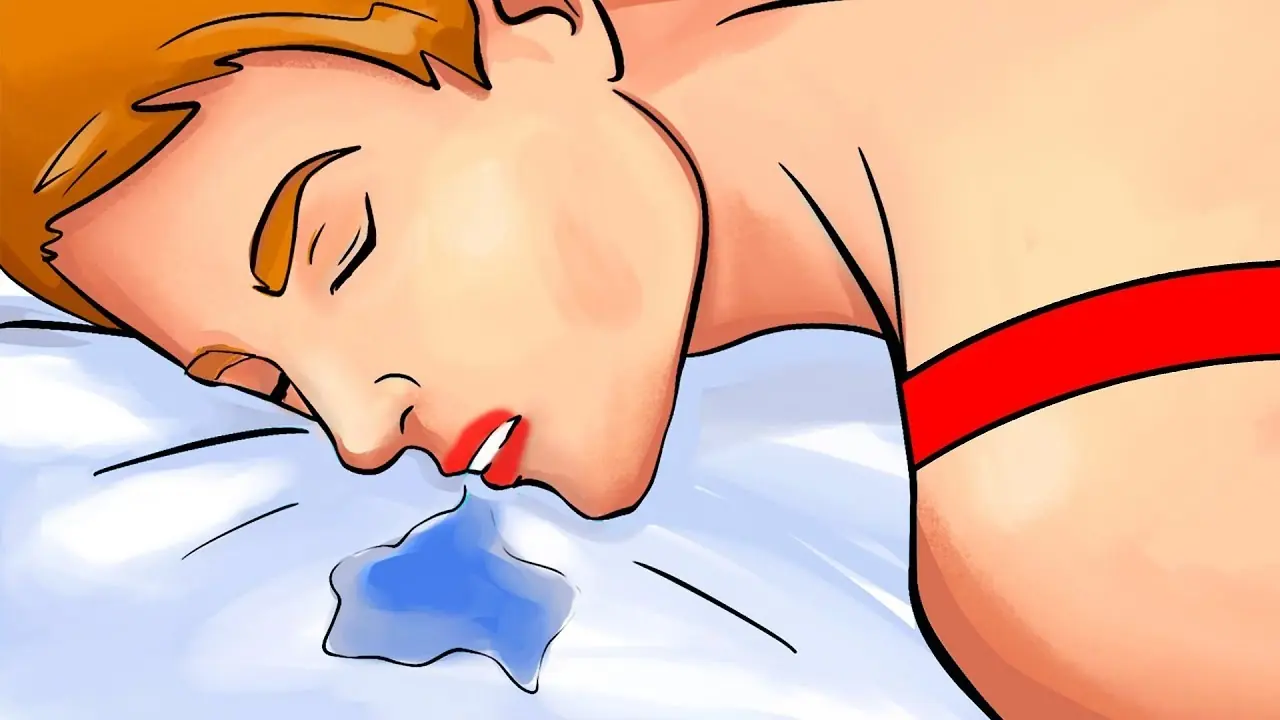
10 Reasons You’re Drooling While You Sleep and What It Could Mean

Scientists Successfully Grow Human Teeth in Lab — A Breakthrough in Dental Regeneration
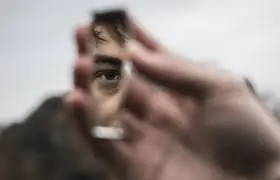
The 4 Dangerous Qualities of “Dark Empaths”

7 SHOCKING Benefits of Cayenne Pepper You Never Knew!
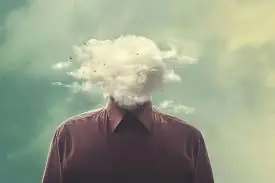
What Is Brain Fog? Scientists Are Finally Starting to Find Out
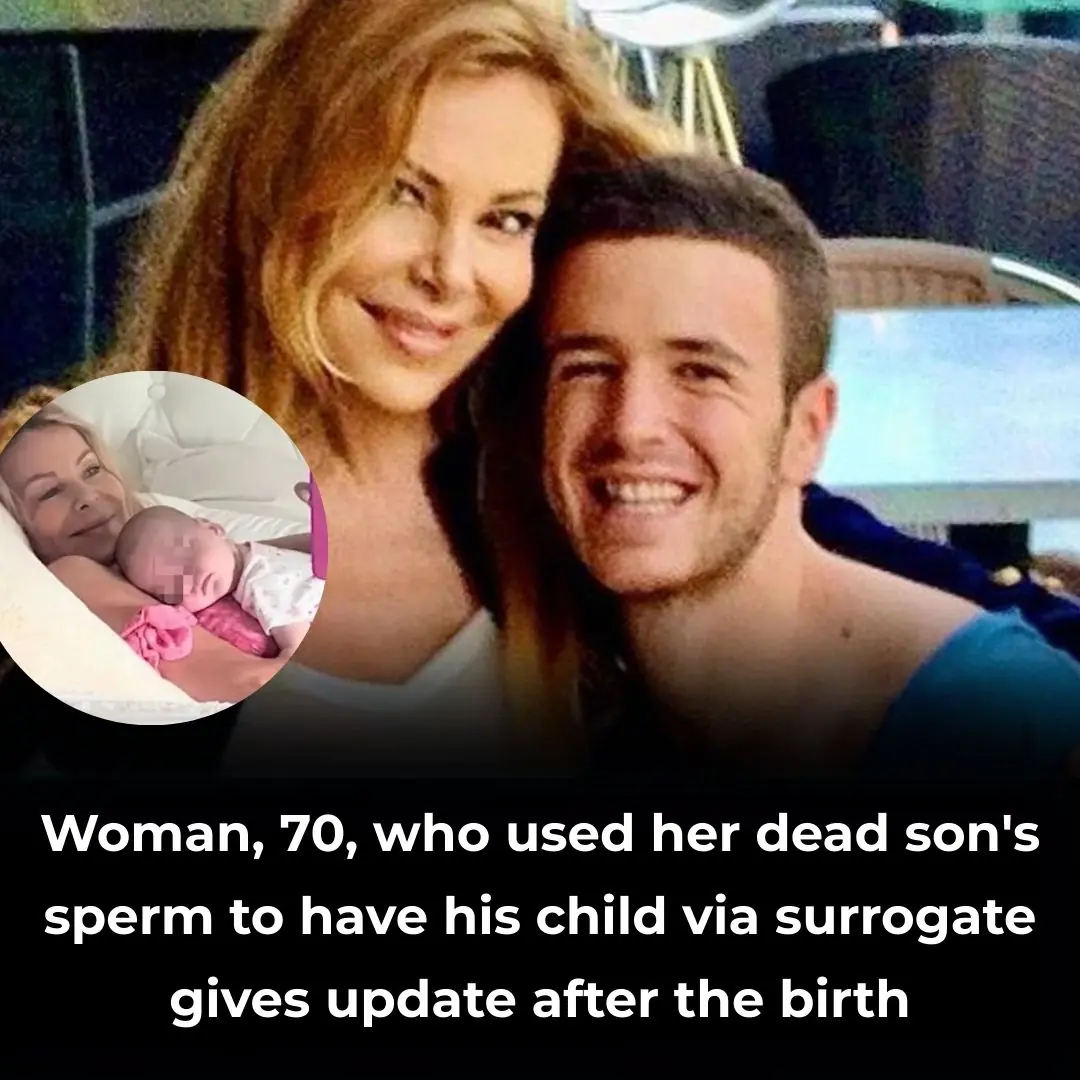
70-Year-Old Woman Who Used Her Deceased Son's Sperm to Have His Child Through Surrogacy Shares Update After Birth
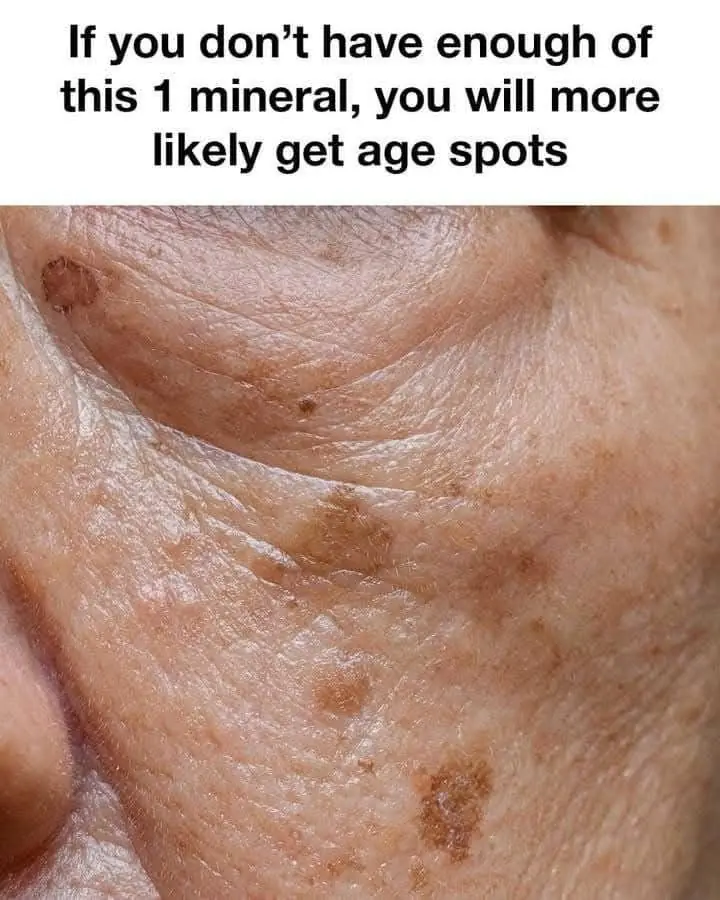
Age Spots: Causes, Prevention, and Effective Treatments

Preventing Nighttime Leg Cramps: Causes and Solutions

3 Phrases Narcissists Commonly Use, According to a Psychologist

Man Goes Viral Due to Severe Head Lice Infestation

Discover the Healthiest Fruit on the Planet: What Happens When You Eat Dates

6 Warning Signs That You’re Not Getting Enough Vitamin D

7 Warning Signs of Liver Damage You Shouldn’t Ignore
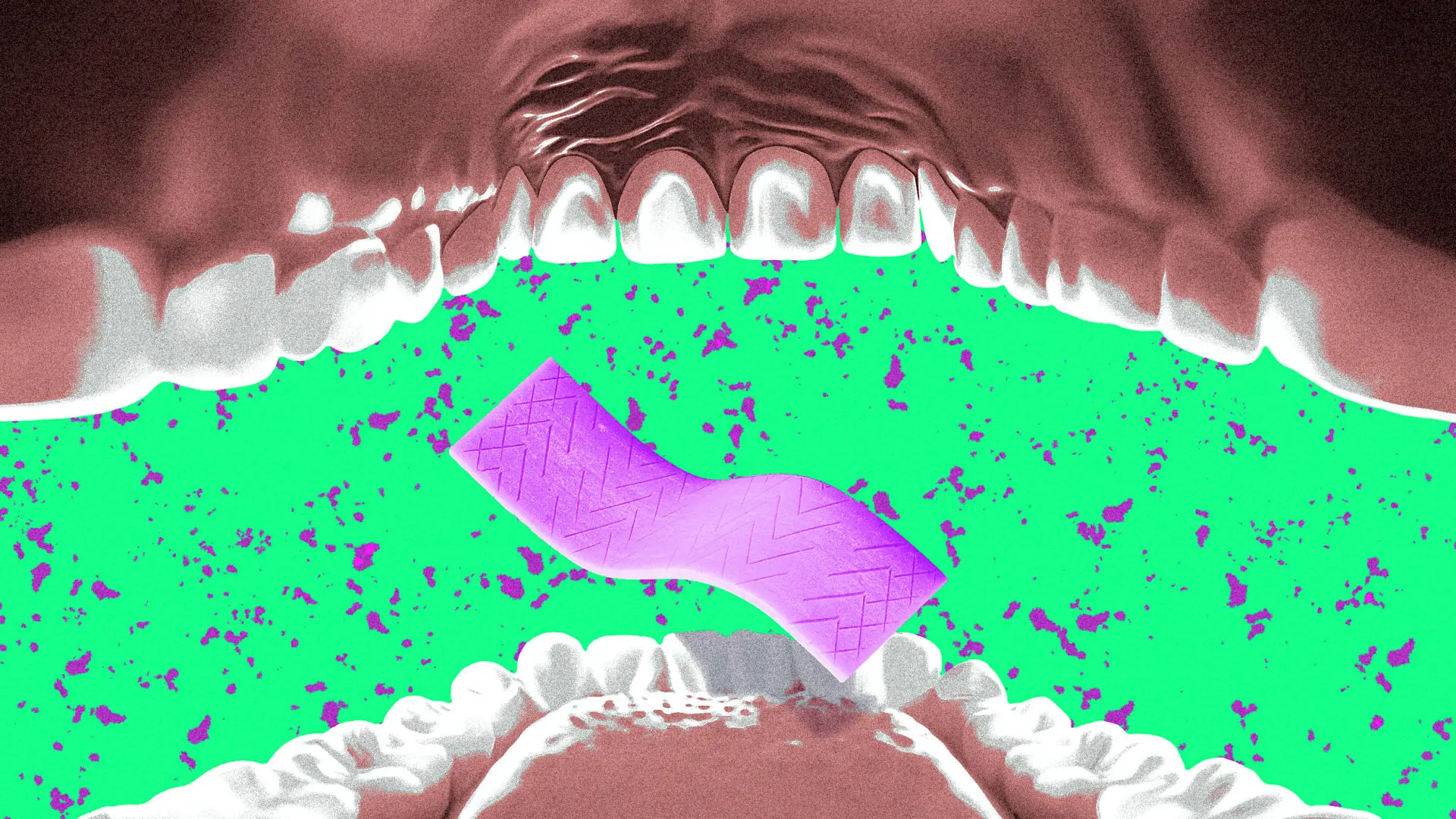
Chewing Gum Releases Microplastics Into Saliva – Even Natural Gums Are Not Safe, Study Finds

STUDY SHOWS SWITCHING TO PERSONAL CARE PRODUCTS WITHOUT CERTIAN PRESERVATIVES TURNS BREAST CANCER GENES OFF IN 28 DAYS

Study finds that eating one common 'superfood' could cut Alzheimer's disease risk by almost 50%

Side Effects and Dietary Recommendations Post Gallbladder Surgery
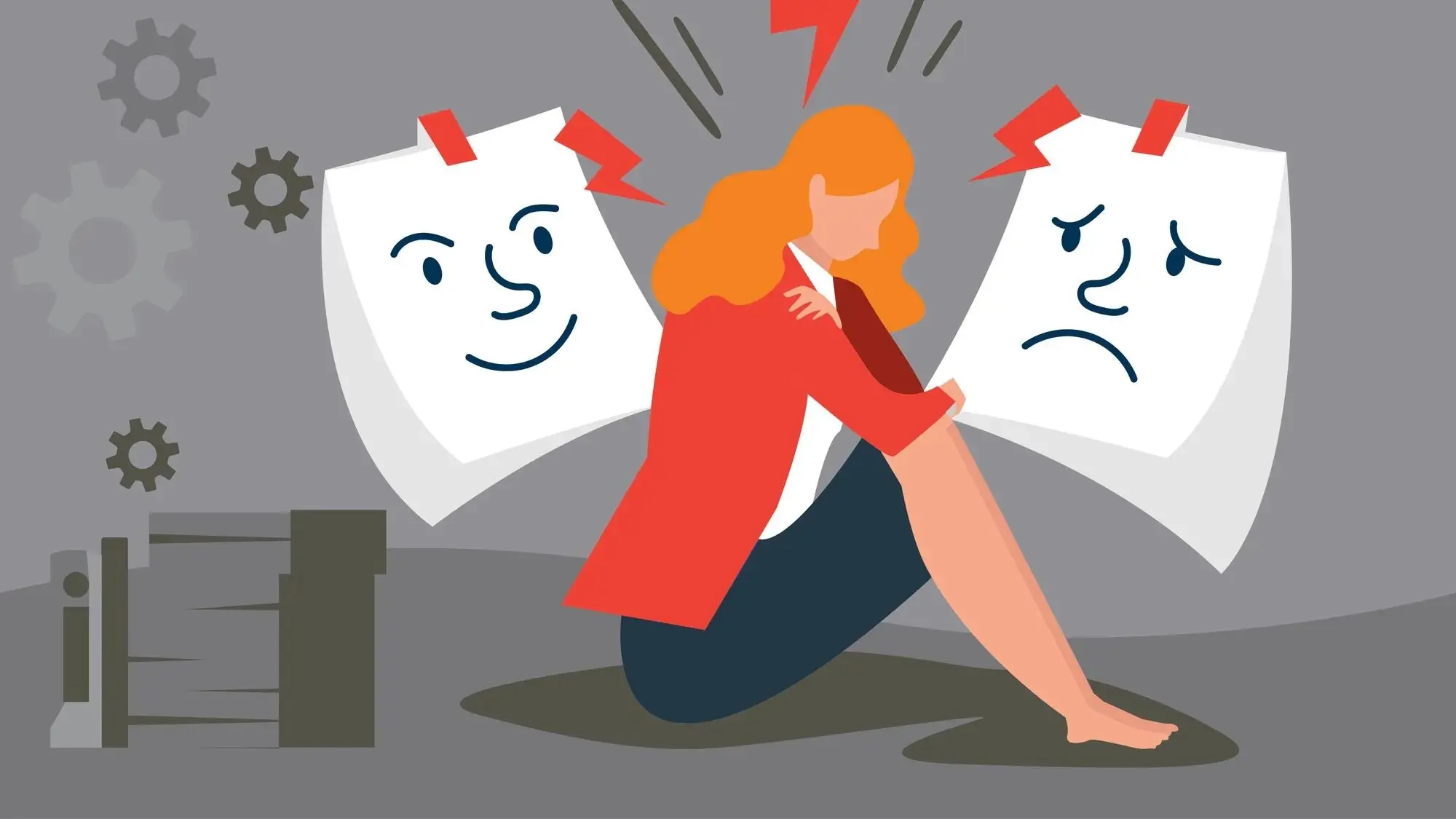
Signs You May Be Living With High-Functioning Anxiety
News Post

7 Kinds of Pain That Shouldn't Be Ignored

Natural Nighttime Elixir: Reduce Belly Fat in Four Days Safely

Harry Potter star told he may 'never walk or talk' again after shocking diagnosis

10 Reasons You’re Drooling While You Sleep and What It Could Mean

Scientists Successfully Grow Human Teeth in Lab — A Breakthrough in Dental Regeneration

After Wedding Ceremony, Groom Sees 2 Kids in the Crowd and Runs Away with Them – Story of the Day

The 4 Dangerous Qualities of “Dark Empaths”

My MIL Secretly Took a DNA Test on My Son — What She Found Out Shook the Whole Family

7 SHOCKING Benefits of Cayenne Pepper You Never Knew!

A Woman with a Baby Asked to Borrow My Phone on the Street – 2 Days Later, the Police Showed Up at My Hotel Door

I Found a Forgotten Wedding Gift in the Closet – Inside Was My Husband's Secret

What Is Brain Fog? Scientists Are Finally Starting to Find Out

My Stepmom Locked Me in So I'd Miss Her Wedding with My Dad — But She Didn't Count On One Tiny Detail That Changed Everything

Dog Goes to Closed Store Daily then Leaves, One Evening Poor Boy Notices and Follows It — Story of the Day
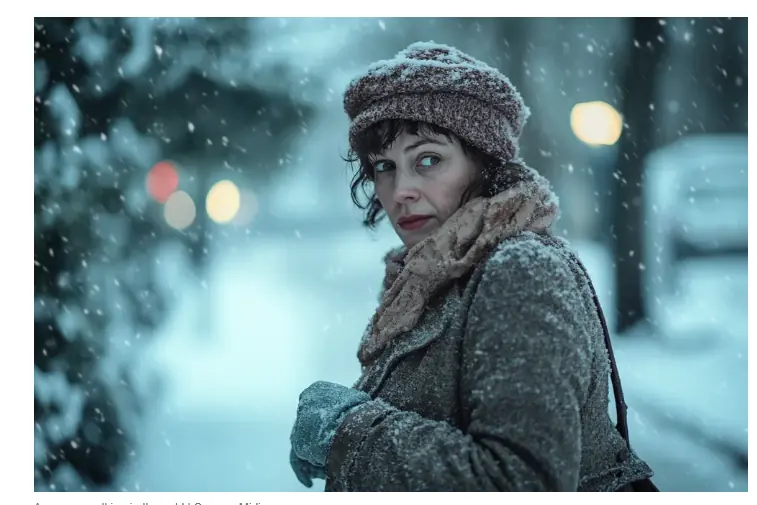
I Found an Elderly Woman on the Roadside on a Snowy Christmas Eve & Took Her Home — Days Later, a Luxury Decorated SUV Pulled up to My Door

Man Gives Salary to Woman with Child Asking for Money for a Ticket — Next Day, a Large White Limousine Pulls up to His House

I Gave My Late Wife’s Letters to Our Daughters at Their Graduation, It Turned Our Lives Upside Down

Dog Barks at Coffin during Funeral, Suspicious Son Opens It and Finds It Empty – Story of the Day

70-Year-Old Woman Who Used Her Deceased Son's Sperm to Have His Child Through Surrogacy Shares Update After Birth
